1. List all parties responsible for Desdemona's death, in the order of responsibility.
2. Some say Iago, not Othello, is the real hero of the play. Agree or disagree, and give reasons.
3. What drives Iago to destroy Othello:
--some real or imagined slight (Cassio's promotion, or Othello's infidelity with Emilia)?
--a general sense of inferiority (which some have suggested drove the Columbine and other school shooters)?
--a generally destructive nature?
4. Iago says of Cassio (5.i.20-21): "He hath a daily beauty in his life / That makes me ugly..." How might this feeling (perhaps generalized to all the successful people around him) have driven Iago?
5. Why do people (and Iago himself) constantly call Iago honest, when he is anything but?
6. In the BBC Shakespeare, Bob Hoskins plays Iago as laughing, gleeful, imp-like (even in his soliloquies) where one might expect him to be grim, morose, sinister. Which sounds more effective and appropriate? Why?
7. Othello is a general, a man who knows strategy and tactics. How could a "mere" ensign outmaneuver him?
8. Othello bekieves Iago without seeking corroboration. Why is this?
9. Can anyone be as pure as Desdemona seems to be? Is she a believable character?
10. What is the basis of the love between Othello and Desdemona? Consider how they met, how the married, and so on.
11. Think about the three key women in the play: Desdemona, Emilia, and Bianca. How do they reflect each other? What do they say about Shakespeare's (or the characters') views toward women?
12. What role do attitudes of race play in the various characters' views of Othello? Is this a main issue, or incidental?
13. Consider Iago's numerous soliloquies and long speeches. What do we learn of him in these?
14. Do you agree with Othello's self-assessment, that he is "one that loved not wisely but too well"?
15. A creative assignment: Journal the story from Emilia's perspective.
Category: Shakespeare

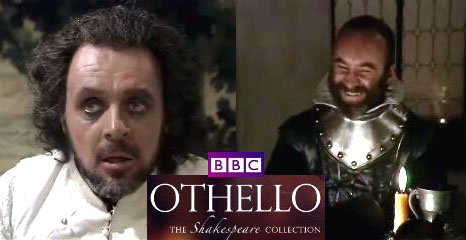


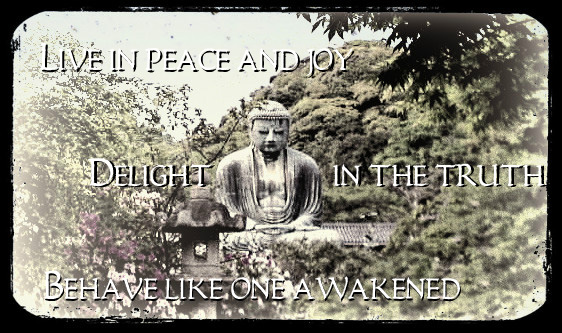
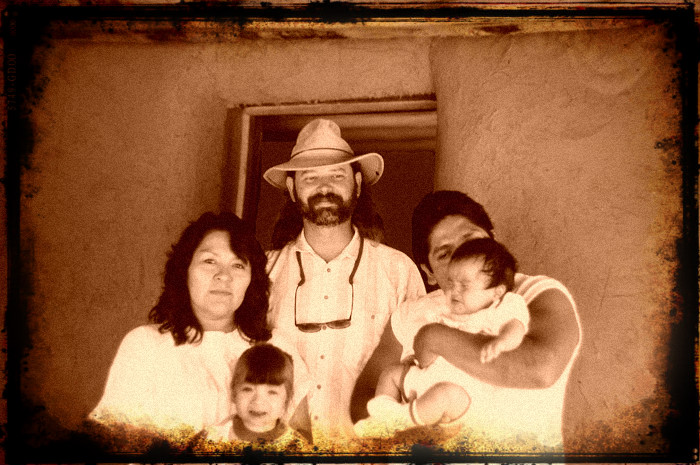
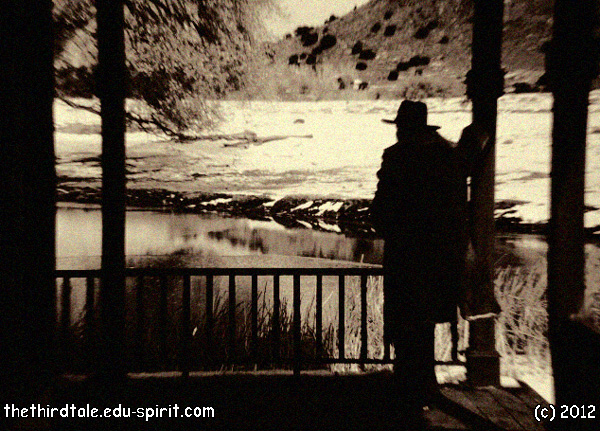
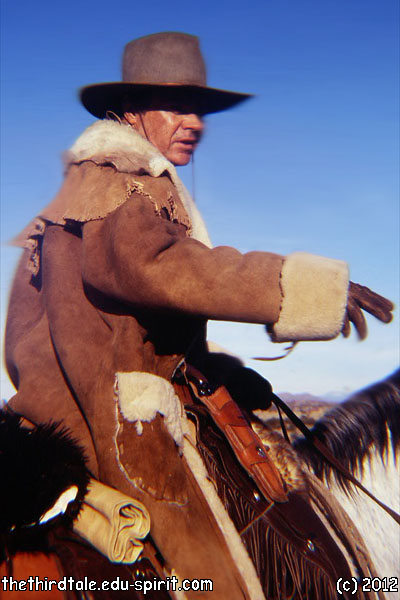
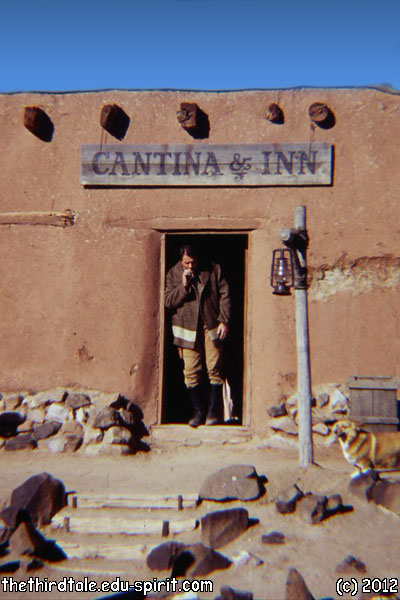
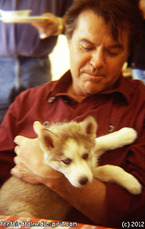
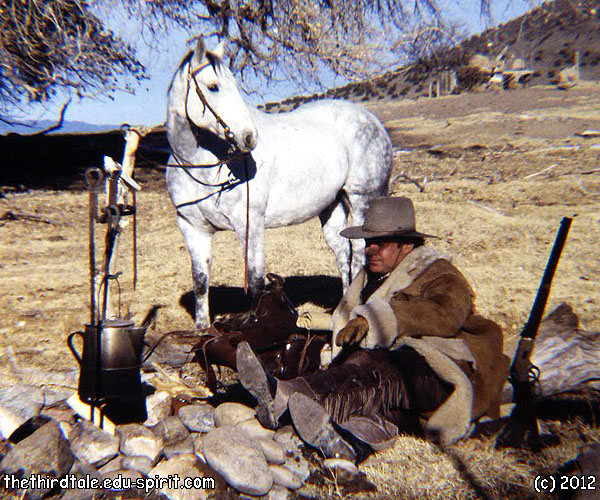
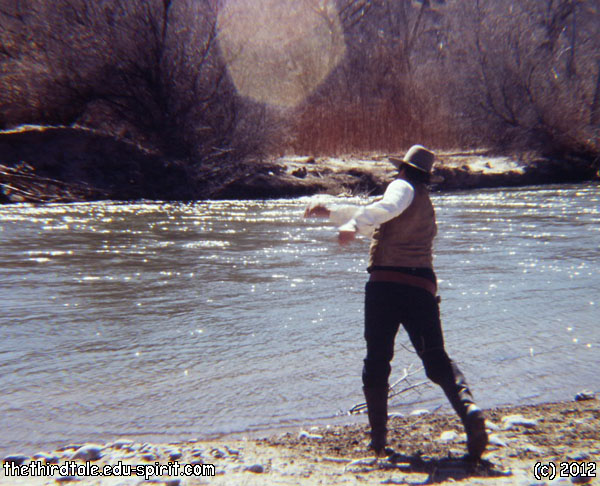

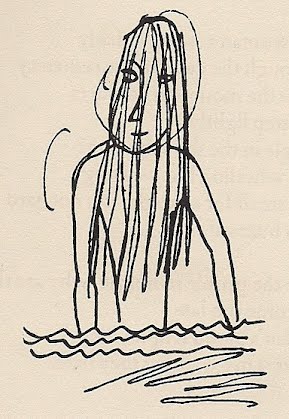
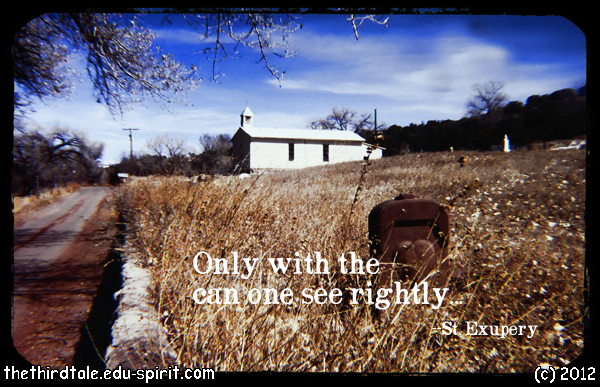
 RSS Feed
RSS Feed


